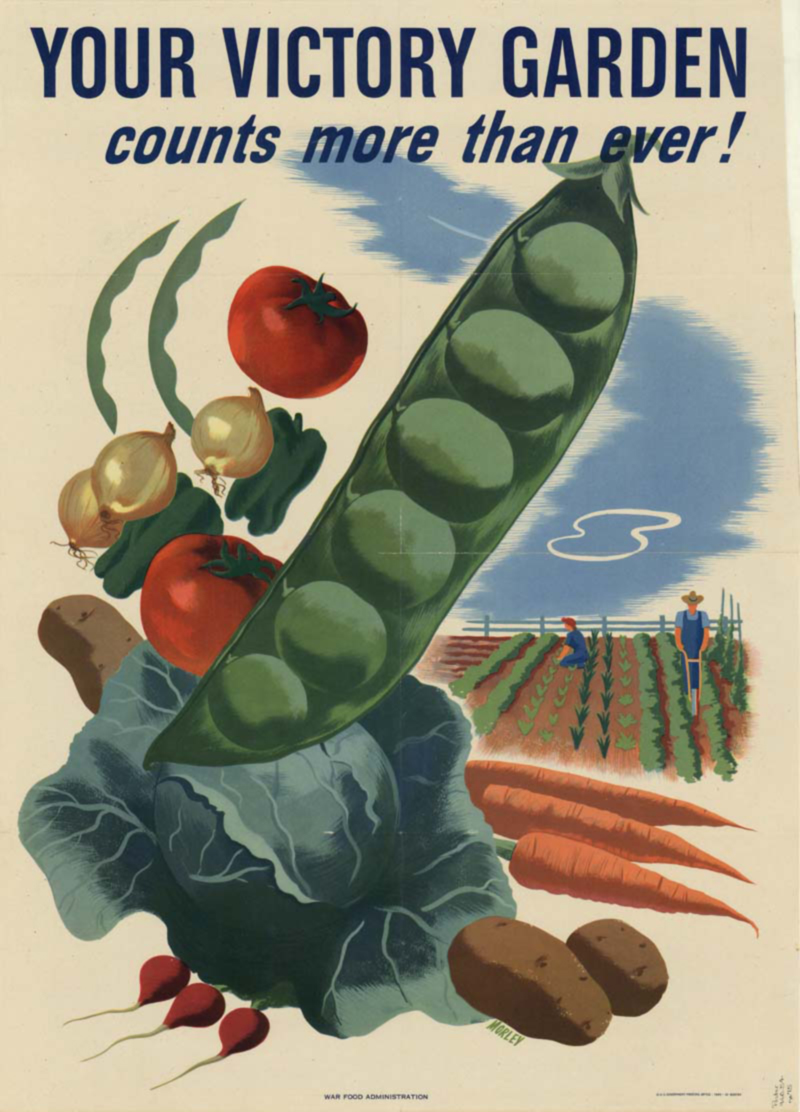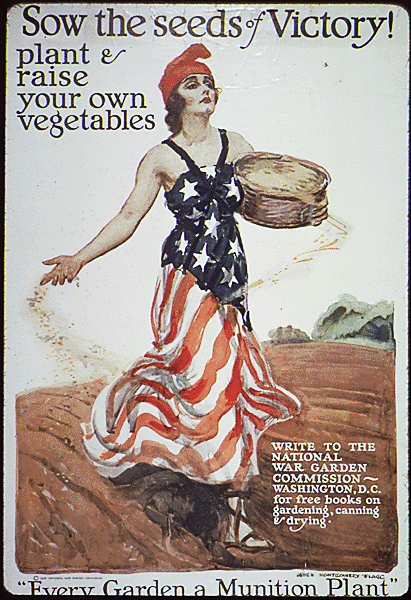When I was a boy, my brother Earl and I used to have to go out and pick the potato bugs off the plants, because we needed those potatoes to eat in the winter. We'd just take a stick and brush them off into a pail. They were about as big as a beetle and boy did those bugs breed fast! By the time we reached the end of a row, we'd walk back to the beginning and the plants would be covered in bugs again.
Earl and I used to enjoy it when we were sent out into the garden to weed. The plants were high enough that we could lay down between the rows and no one could see us. We'd pull a weed or two every now and then, just so we'd have something to show for it if we were caught, but otherwise, we would just lay there in the warm dirt, enjoying the sunshine.
Sunday, February 28, 2010
Heather: 30
Fruit and vegetable gardens have been a feature of my family's backyards for generations. My grandparents still tell stories of the gardens they've had over the years and the meals that were cooked with their own produce.
My grandparents called theirs a "truck" garden, which typically refers to small-scale farming for local sale or bartering. But since they never sold or traded their crops, I think what they had was more akin to a victory garden. Victory gardens were home vegetable plots that families were encouraged to grow during WWII to alleviate pressure on the food supply. By contributing to the war effort, they were also a way for individual citizens to show solidarity with soldiers.
The concept of victory garden fascinates me--that you can connect with another individual in spirit through the act of growing your own fruits and vegetables. As I start my own backyard victory garden this summer, I hope to connect with my grandparents by exchanging stories and capturing their memories of gardens.
My grandparents called theirs a "truck" garden, which typically refers to small-scale farming for local sale or bartering. But since they never sold or traded their crops, I think what they had was more akin to a victory garden. Victory gardens were home vegetable plots that families were encouraged to grow during WWII to alleviate pressure on the food supply. By contributing to the war effort, they were also a way for individual citizens to show solidarity with soldiers.
The concept of victory garden fascinates me--that you can connect with another individual in spirit through the act of growing your own fruits and vegetables. As I start my own backyard victory garden this summer, I hope to connect with my grandparents by exchanging stories and capturing their memories of gardens.
Labels:
backyard garden,
connect,
Heather,
memories,
solidarity,
stories,
victory garden
Subscribe to:
Comments (Atom)




